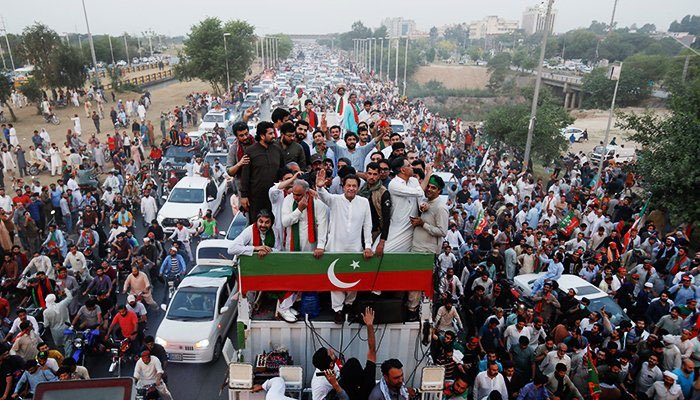Latest News
Long march: Imran Khan caused disorder in capital, police tell SC

Latest News
The Punjab government will fulfill the common man’s dream of a home: Maryam Nawaz
Latest News
Pakistan Establishes 20 New Trade Posts in China to Increase Investment and Exports
Latest News
Law and Order: Section 144 is enforced throughout the province by the Punjab government
-

 Latest News2 days ago
Latest News2 days agoTwelve security personnel were killed in the attack on the Bannu checkpoint.
-

 Latest News2 days ago
Latest News2 days agoThe Supreme Court rejects SIC’s request to be recognized as a parliamentary party.
-

 Latest News2 days ago
Latest News2 days agoPakistan and Saudi Arabia have reached an agreement to implement a prisoner exchange arrangement.
-

 Latest News2 days ago
Latest News2 days agoBitcoin makes its first breach of $94,000.
-

 Latest News2 days ago
Latest News2 days agoSix militants were killed and twelve Army personnel were slain in the Khawarij attack on the Bannu checkpost.
-

 Uncategorized2 days ago
Uncategorized2 days agoPakistan will begin a full-scale military campaign in Balochistan to combat terrorism.
-

 Entertainment2 days ago
Entertainment2 days agoAryan Khan’s Netflix debut web series is announced by Shah Rukh Khan.
-

 Business2 days ago
Business2 days agoThe Pakistan Stock Exchange hits a record high as it approaches 97,000 points.

























